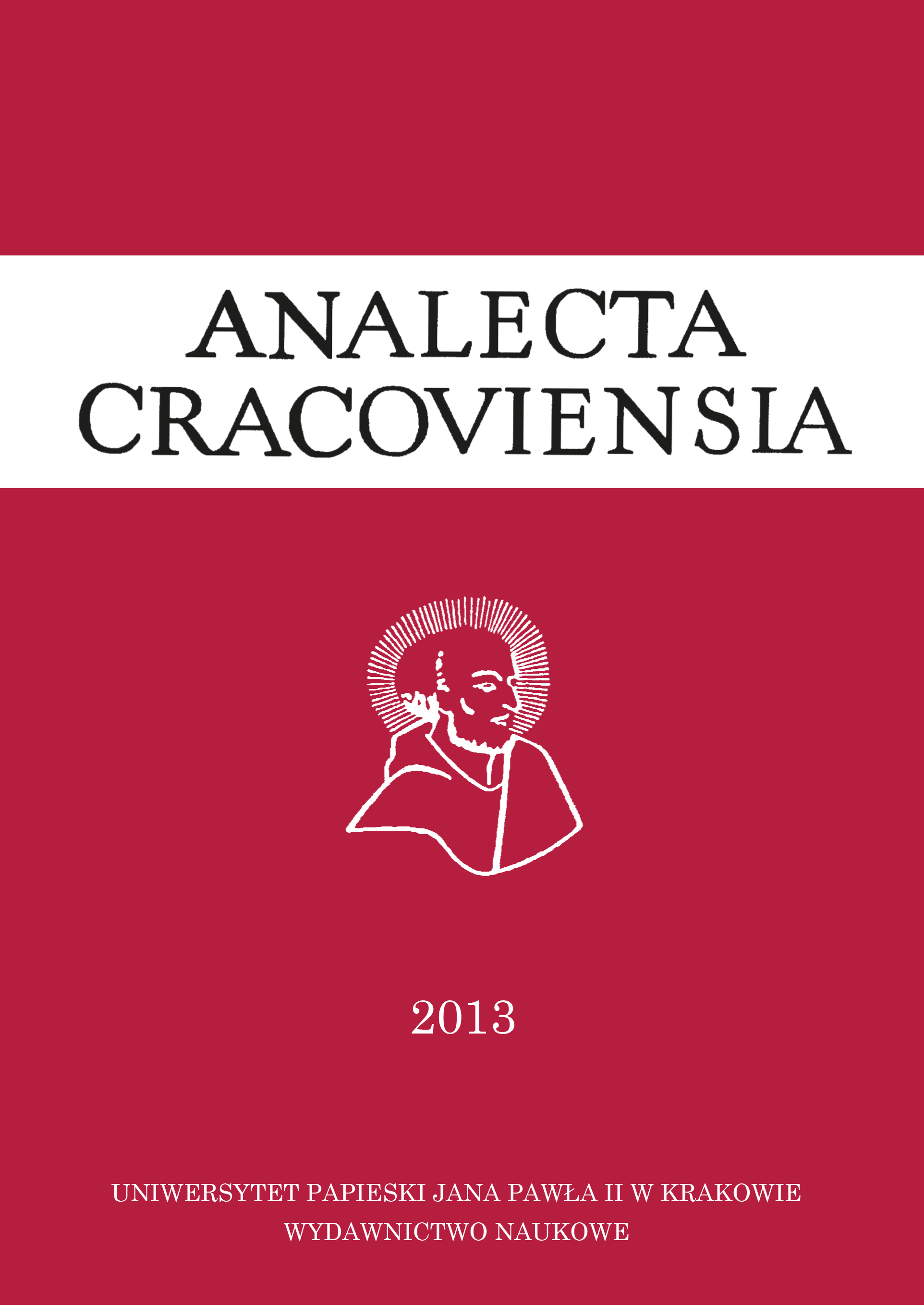Kontrowersje wokół rozstrzygnięć sumienia Tomasza More’a
DOI:
https://doi.org/10.15633/acr.1130Słowa kluczowe:
Thomas More, conscience, King Henry VIII, Utopia, prison epistles, English ReformationAbstrakt
The article is an attempt to discover the mysterious conscience of Thomas More, his motives and intentions, which for many have been and are still completely incomprehensible, as well as to show the value of conscience in decision making. A specific consideration is the way in which Thomas More understands the inner voice of conscience, and as referring to the realm of political beliefs and principles according to which he lived. Was he more loser politician or saint statesman and a pattern of respect for the inviolable rules? Moreover, his example shows that faithfulness to God’s internal voice may become more precious than life. Without a doubt, the words and deeds of Thomas are a kind of mystery to of his conscience. He also recognizes his restraint in expressing what made the conscience of his own beliefs. Without a doubt, More felt the need to absolute obligation in doing so, and not a different decision, regardless of the consequences. In his social position and an office which he held, there was no place to be against the rules. The situation in which he found himself became a great challenge for him and successfully performed its duty. He faced death, clearly expressing the truth, bearing in his heart, that he was obliged in conscience to refuse to take the oath, because the authority of the Church is beyond the authority of the king.
Pobrania
Opublikowane
Numer
Dział
Licencja
Prawa autorskie (c) 2015 Wojciech Medwid

Praca jest udostępniana na licencji Creative Commons Attribution-NonCommercial-NoDerivatives 3.0 Unported License.
Obecnie autorzy publikujący w czasopiśmie udzielają jego wydawcy zgody o następującej treści:
- Autor zachowuje autorskie prawa majątkowe do utworu, a jednocześnie udziela wydawcy czasopisma zgody na jego pierwszą publikację w wersji drukowanej i wersji online na licencji Creative Commons Uznanie autorstwa 4.0 Międzynarodowe oraz zgody na wykonywanie opracowań, w tym przekładów.
- Autor ma możliwość udzielania zgody niewyłącznej na opublikowanie utworu w wersji, która ukazała się w czasopiśmie (np. zamieszczenia go w repozytorium instytucjonalnym lub opublikowania w książce), wraz z informacją o jego pierwszej publikacji w czasopiśmie.
- Autor może umieścić swój utwór online (np. w repozytorium instytucjonalnym lub na swojej stronie internetowej) jeszcze przed zgłoszeniem utworu do czasopisma.

